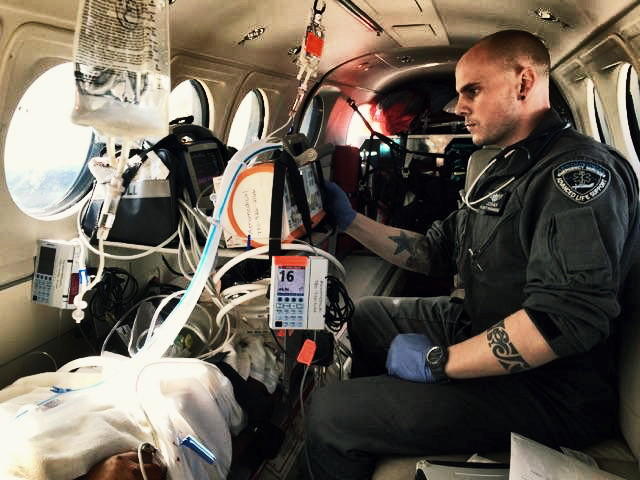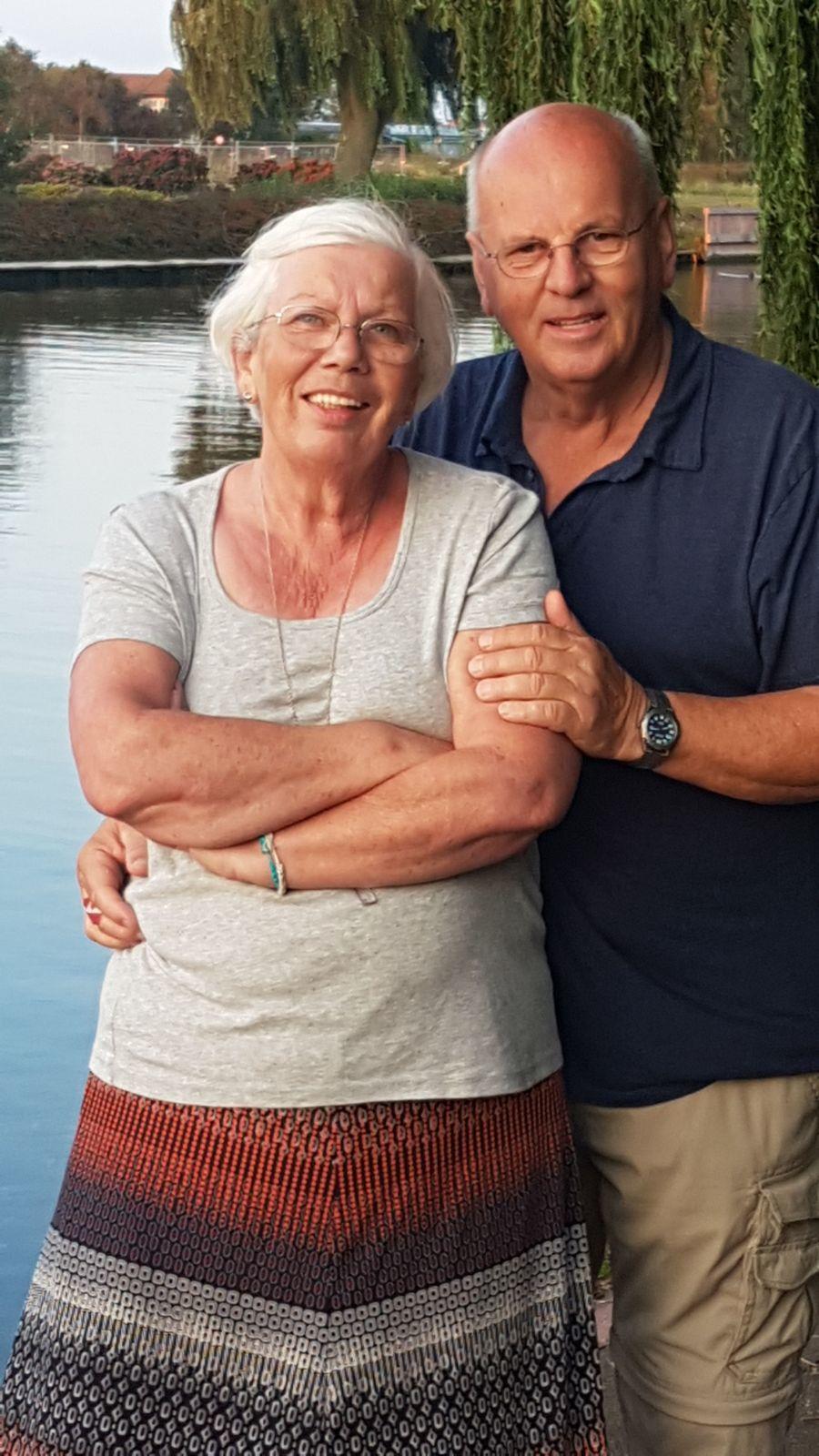June 11, 2021
Class of 2021: Nursing grad perseveres through personal injury and loss to complete degree

When you encounter an insensitive colleague, a rude classmate or are annoyed by someone you don’t even know, UCalgary Nursing graduate Jonah Swen has some advice: “Give them the benefit of the doubt; you don’t know their hardships — listen and be present, eliminate judgments, barriers and disguises to provoke a sincere and deep relationship with people or experiences.”
Swen knows what he is talking about, and not just from the perspective of a health-care professional assessing a patient. Before he even began his undergraduate nursing program, he suffered a traumatic head injury resulting in a loss of hearing, smell and taste. He was able to defer his start date, but attending classes and clinical practicums naturally was affected by these challenges once he launched into the program.
From paramedic to nursing
No stranger to health care, Swen says nursing was a logical progression for him. UCalgary Nursing’s accelerated program for transfer students and previous degree holders would allow him to go both to school and work full-time. “I had spent the past 10 years as an advanced care paramedic, five of those as a critical care flight paramedic in northern Alberta. That piqued my curiosity and enjoyment of critical care and emergency medicine,” he explains.
“Walking into a remote health centre — where resources and interventions have been exhausted and the patients and families place their trust and hope in you to provide the care needed to survive — is overwhelmingly rewarding. The dynamic of intensive interventions, environmental challenges and the reward of helping patients fed my desire to continue seeking these high-intensity situations so I went back to school to become a registered nurse.”

Jonah on a flight.
Tragedy strikes family
Sadly, the brain injury was not the end of the hurdles Swen would have as he moved through his education. “My nursing school experience was a difficult life journey physically, mentally and spiritually,” he admits, adding that in addition to balancing an intense academic and work schedule, he was also trying to manage a relationship with his fiancée who is studying medicine in England.
Tragedy struck suddenly during his fifth term. “My mother unexpectedly passed away at a relatively young age: the woman to whom I would often turn for insight and wisdom during challenging times was suddenly gone,” says Swen, who went right back to his clinical rotation the day after his mother's death. “That — and experiencing many other challenges — made me genuinely appreciate the reality that there is a unique story behind every person I interact with.”

Jonah's parents
Pandemic and more personal loss
And then — a global pandemic. Swen decided to move in with his father who was still coping with the passing of his wife and now the threat of COVID-19. “I could see it was all wearing on him so I wanted to provide company and take care of him.” But shortly after, in June 2020, Swen’s father collapsed in front of him.
“The paramedic and nurse in me already knew what was happening,” he says. “Without hesitation, I began CPR while waiting for an ambulance to respond. I jumped in the ambulance and assumed care of my father, operating under my full paramedic scope of practice. All lifesaving interventions were stopped at the hospital, and my father was pronounced deceased. The man, the farmer, the father who taught me everything about workmanship was gone.”
Swen struggled with the mandated restrictions brought on by working in health care during the pandemic. “The elimination of many coping outlets has triggered a significant rise in a diversity of medical and psychological patient scenarios; that has caused significant stress on nurses everywhere,” he explains. “I also believe that the general population expects nurses and other health-care providers to fix the pandemic's damages without the reciprocity of acknowledging the stress that is crushing the frontline workers' resilience and stamina.”
Expanding horizons
Still, Swen plans to continue in nursing and expand his credentials so that he can be qualified to become a team member in a trauma and helicopter rescue unit in a large metropolitan centre. For now, however, he will nurse in the emergency department at Rockyview General Hospital and work toward a variety of certifications before he and his fiancée move south.
He doesn’t rule out a return to Calgary. “I hope to obtain my master's in nursing and become a nursing professor. Perhaps when we are done in the U.S., the University of Calgary will be looking for a professor with broad expertise to draw from, to teach a new generation of nurses.”







